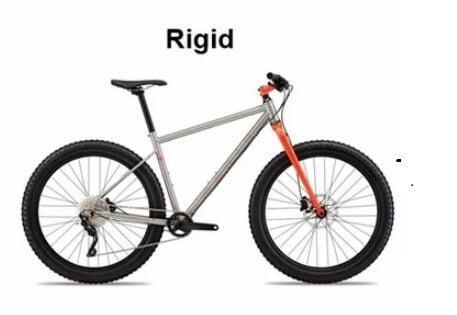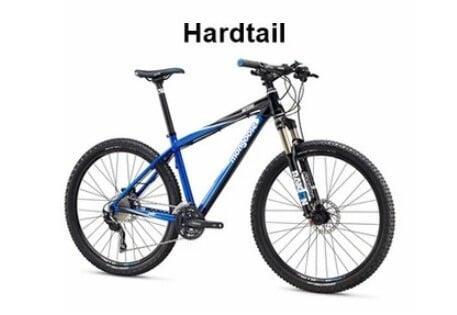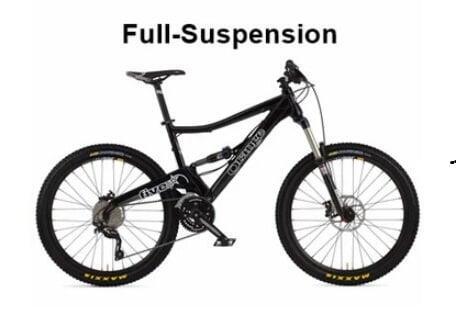Ride & Reflect (FAQs)
Exploring Allah's Creation While Strengthening Family Ties

Understanding Trail Biking
Q: What is off-road trail biking?
A: Off-road trail biking means riding bicycles on unpaved trails, through parks, nature areas, and open land. Instead of smooth streets, riders enjoy surfaces like dirt, grass, gravel, or gentle hills. It’s a fun, safe way to experience nature up close.
Q: Why do people call it “mountain biking” if North Texas has no mountains?
A: The name comes from the type of bike, not the terrain. Mountain bikes are designed for trails, featuring stronger frames, wider tires, and improved suspension. Even in flat areas like ours, these bikes make trail riding safe and enjoyable.

Safety & Responsibility
Q: Is this safe for kids?
A: Like any sport, there’s some risk, especially for new riders. However, with proper safety gear (helmets, gloves, pads) and good habits, trail biking is both safe and enjoyable. We’ve seen older kids step up as leaders, teaching younger ones how to ride safely, which creates trust and builds responsibility.
Q: Who is responsible for the kids/adults on the rides?
A: Parents are responsible for their children, and adults are responsible for themselves. Our organizers provide guidance, structure, and safety tips; however, parental supervision is also essential. We also encourage a spirit of community care, families and riders supporting one another, so that everyone stays safe and enjoys the ride.
Q: Do parents need to be present during trail rides?
A: Yes. Children should be at least 12 years old to join. Under 16, a guardian must be present in the park (riding or not). Ages 16–18 can ride with parental permission. We also encourage parents to ride with their children; it’s about strengthening bonds, making memories, and sharing joy. Even if you don’t ride, your presence alone matters deeply to your child.




Equipment & Gear
Q: Why is good equipment important?
A: A good bike and safety gear mean better control, comfort, and protection. Proper brakes, gears, and tires are essential for navigating uneven ground, and helmets are non-negotiable for safety.
Q: Do I need to buy expensive gear to start?
A: Not at all. What you need is decent, reliable equipment. Bikes from large department stores (Walmart, Target, Dick’s, Academy Sports) may look affordable, but they usually don’t hold up well on real trails. A bike from a dedicated bike shop is a much better investment—built for trails, safer, and able to grow with your family’s needs.
Q: Do you provide equipment discounts or recommendations?
A: Yes! We’ve partnered with JensonUSA, one of the largest online bike retailers, to secure favorable pricing on bikes, gear, and accessories for our community. In addition, we will help recommend equipment suited to your situation, whether you’re a complete beginner, buying for children, or upgrading as your skills improve. This way, families can start with confidence and without overspending.

Dress Code
Q: What is the dress code for trail rides?
A: We encourage all participants to dress in a way that is both safe for biking and respectful of Islamic values. Riders should wear comfortable, modest clothing that allows for movement.
- For men: Clothing should cover past the knees, avoiding overly tight or revealing clothes. Suitable options include loose joggers, athletic pants, or 3/4 quarter shorts.
- For women: Loose-fitting attire that covers the body appropriately, with a sports hijab or secure head covering if desired. Tops should not extend past the bike saddle, as longer garments risk getting caught in the rear wheel.
Safety requirements:
- Shoes: Flat-bottom MTB or athletic shoes with good grip so feet don’t slip off the pedals.
- Clothing: Avoid overly loose garments that can get caught in the chain-ring, tires, or wheels. Choose modest but practical sportswear designed for riding.
- Protective gear: Helmets and gloves are required; pads are strongly encouraged.
- Visibility: Breathable fabrics and bright or reflective gear improve safety and comfort.
Sample clothing guide:
- Boys/Men: Loose joggers, athletic pants, or 3/4 quarter shorts with a sports shirt, helmet, gloves, flat-bottom MTB shoes.
- Girls/Women: Modest sportswear (e.g., loose joggers, tunic or sports top not extending past the saddle, sports hijab), helmet, gloves, flat-bottom MTB shoes.
Our goal is to provide riders with a balance of Islamic principles of modesty with the practical needs of safety so that every participant can ride with confidence, dignity, and peace of mind.

Family & Community Benefits
Q: What are the benefits for families?
A: Trail biking is more than just exercise—it’s about connection. Families share meaningful time, kids gain confidence and leadership, and everyone stays active while admiring Allah’s creation. It also helps us connect with other riders in the city, build bridges with the wider community, and reflect the beauty of Islam in action.
Allah ﷻ says: “And speak to people good [words].” (Qur’an 2:83)
The Prophet ﷺ said: “The Muslim is the one from whose tongue and hand people are safe.” (Bukhari & Muslim)
Trail biking lets us live these values—showing that Muslims are peaceful, caring, and committed to the well-being of society.

Timing & Frequency
Q: Is this a seasonal activity or all year long?
A: Our vision is to ride all year long, inshā’Allāh, as long as trails are safe. We aim for 2–3 rides per week. If the group gets too large, we’ll split into smaller rides on different days for safety. Parents are also encouraged to go out with their children outside group rides—because the more family memories created, the better.

